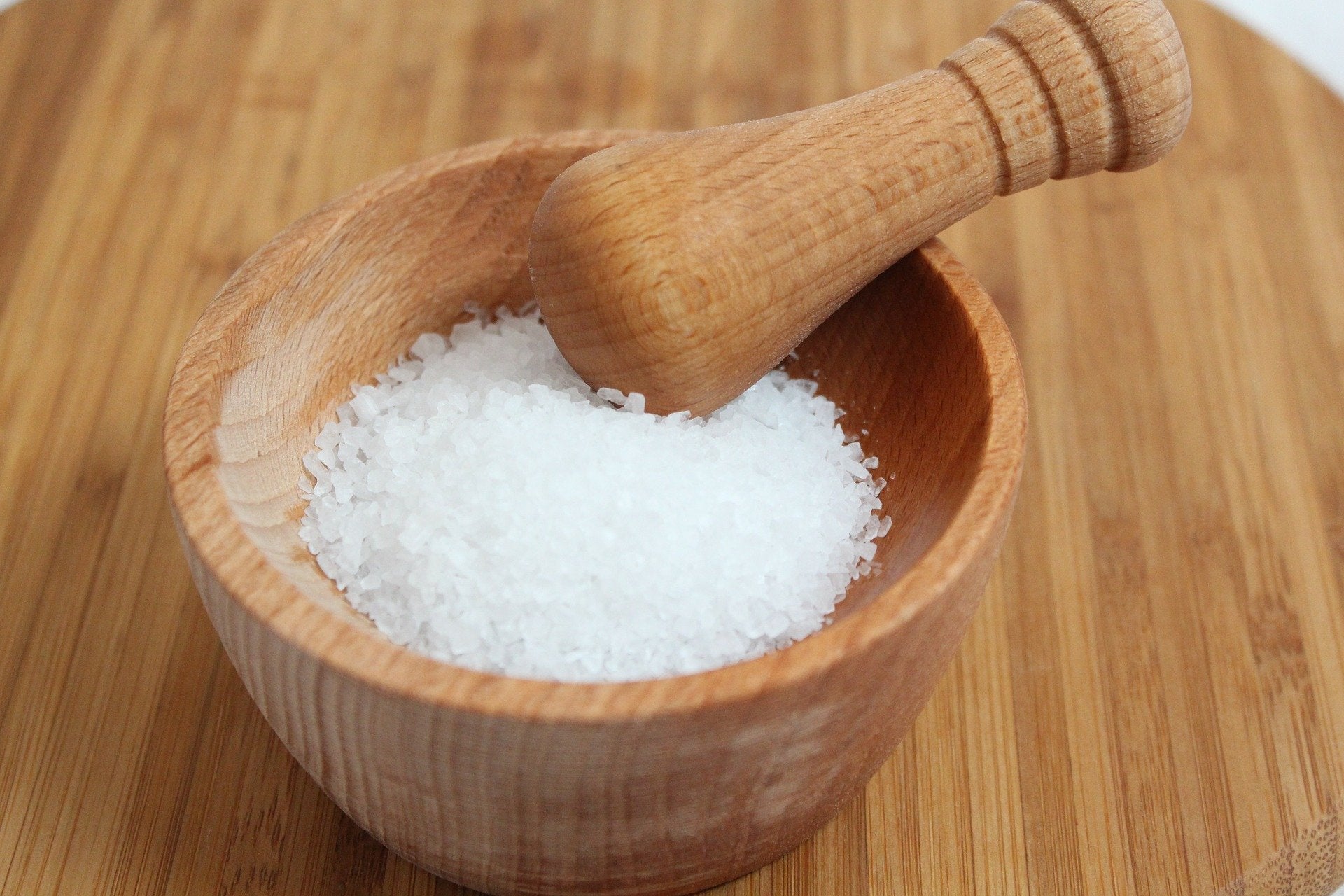Good News: Illuminating the saltiness of the Word
Published 10:25 pm Friday, February 7, 2020
In the quest to learn, know and apply the Bible to life, it is vitally important to learn some tools which can provide a great yield.
Although the Word of God transcends centuries, culture and language, there are variances which impact how we receive, believe and engage with the truth given through scripture. The options of different English translations and theologically focused study guides do not always put a reader into the world where the message was first produced, especially when we engage with the words of Jesus himself.
I would like to invite you in this article to look with me at a passage familiar to most and see how understanding the context, setting and world view can deepen out transformation via God’s Word.
“You are the salt of the earth. But if the salt loses its saltiness, how can it be made salty again? It is no longer good for anything, except to be thrown out and trampled underfoot. “You are the light of the world. A town built on a hill cannot be hidden. Neither do people light a lamp and put it under a bowl. Instead they put it on its stand, and it gives light to everyone in the house. In the same way, let your light shine before others, that they may see your good deeds and glorify your Father in heaven.” Matthew 5:13-16 NIV
There is a saying that is not used as much as it was maybe 30 years ago, but it is like what Jesus says in this passage. “That person is (fill in the blank), they are the salt of the earth!”
Salt in the time of Jesus was highly valued, used and necessary for many things in life.
Salt today is still very necessary and frequently used but tends to be a substance many need to end up avoiding due to health concerns.
For those who heard Jesus say, “you are the salt of the earth,” understood the immense value of salt and understood a meaning we may not.
The Biblical Greek word we translate into English as “salt” is ἅλας, which is pronounced or transliterated as “halas.” This word has several meanings. This salt means purity, it is white and bright. There were times that at the end of the sacrificial day, the Jews would offer the closing sacrifices with salt. If we are the salt of the earth, we are to be an example of purity. We must always hold to our Biblical standards in what we say, how we act and what we think (Romans 12:1-2).
This salt also means preserves, how it keeps things from going bad, rotten or from decay. This understanding of salt can keep meat, which is a dead body, from going bad and safe to eat.
If we are the salt of the earth, we are like an antibacterial influence for life and the world.
Every one of us bring something to each equation and each situation we face. Some bring down situations and experiences.
We are called when we have the influence, that our influence leads to life, purity, and Christ.
This salt also means flavor. Despite what your doctor, wife or some scientific studies may proclaim, salt is good and makes things good.
Salt brings flavor.
Our influence should flavor life.
The Christian influence speaks life, not death, what is good, not what is lacking, what we find in Christ, the joys of Christ, not what we miss. If as believers in Christ, we live miserable, why would someone want what we have as Christians. What kind of influence do we have for Christ?
Purity, preservation, and flavor. We can influence others towards Christ or away from Christ. Jesus said if salt loses saltiness, it is worthless and tossed out. How can this happen?
Well, it is difficult, almost impossible for the chemical compound of sodium chloride to lose its saltiness. Jesus says that if this does happen, it is disastrous. When Christians are not being salt, we invite the world to be opposite of the good things of the Gospel, opposite of the transformation of Christ the opposite of Holy Love.
Salt can be less than salt or even be broken down when exposed to moister and not taken care of properly. Then it is no longer useful as salt. The same goes for light, light is also part of our influence.
Jesus said in John 9 that He is the light of the world. Jesus tell us to be this light also, to be like Him. To influence like him. It was the design of God for Jews of the Old Testament were to be light to the gentiles.
Our light is not our own, but the light is reflective of His light. You can’t miss even the smallest light in the dark. The light of Christ is meant to be seen in the darkness of the world.
Our discipleship is not meant to be hidden or can’t be centered in the church. Light can’t just be light we share with people we like, but light offered to the whole world. Light is a guide in the dark and influences others to move to life. Light can also be a warning light to be careful, there is danger ahead. Jesus connects this understanding of light and salt to the influence He expects our lives to have.
We all have influence; Jesus is telling us to guard that influence.
Do you and do we as believers in his area bring purity to things with our thoughts, actions and words? Do you and do we preserve life and are we conduits of healing in a world that is dying around us? Do you and do we bring spice and flavor to life that leads to the joys and blessings of Christ? Are you and are we as the church allowing God to use us and our influence to lead people to life and light?
These are necessary and important questions we all must consider, especially when it comes to intentionally seeking for our lives to Thrive in Christ.
I hope that you can see how understanding some simple, yet important specifics about what we read in the Word of God means everything about how we apply these truths.
My ultimate purpose in this article is to proclaim the responsibility we all have as believers to be “salt and light.” This is more important in our day than it ever has been in the history of this country.
If you find yourself today doubting your saltiness or illumination, don’t be dismayed.
The grace and love of Christ is mighty to reset and redirect, even when we don’t know-how. That is “Good News!”
Rev. Brad McKenzie is Lead Pastor at Orange First Church of the Nazarene, 3810 Martin Luther King Jr. Drive ,in Orange.







